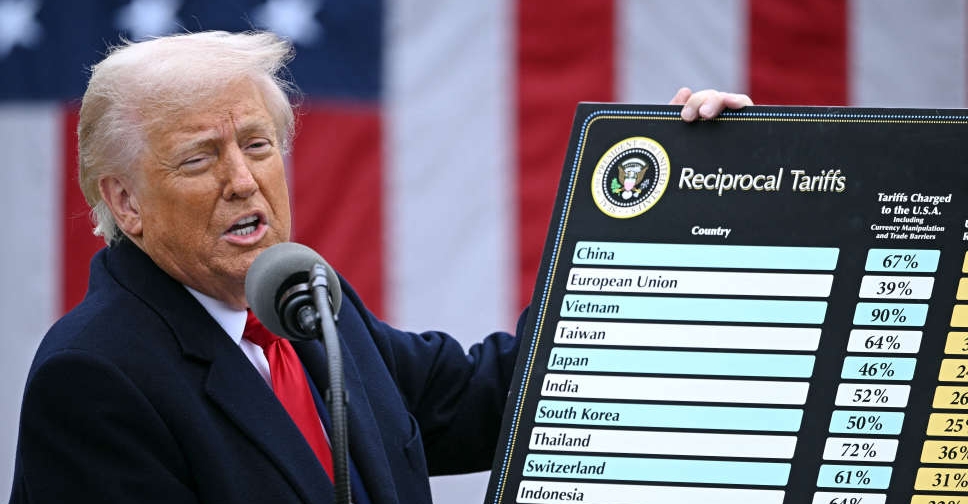
Huang Wang isn’t lacking for ambition: The chief executive officer of China’s Huami Inc. is preparing to challenge Fitbit Inc.’s global dominance with a string of new wearable fitness devices. The feisty startup and Fitbit’s biggest Chinese rival plans to introduce the line of more sophisticated fitness trackers over the coming year - at one tenth the price of the US company’s gadgets. "Over the next year, our entire product line will be about the same as Fitbit’s. Whatever they have, we will have," Huang said in an interview. The Chinese company’s main product, a fitness wristband called Mi Band, sold 3.1 million units in the second quarter, and was ranked the third best selling wearable worldwide after Fitbit gadgets and the Apple Watch, according to market research firm IDC. Huami plans to eventually take its new gadgets to Europe and the US, Huang said, without disclosing a timeline. Huami was founded in 2014 with an investment from Chinese phone maker Xiaomi Corp., becoming its partner for wearable technology. Mi Band, which is marketed under the Xiaomi brand, is still mainly sold in China. Huami’s new lines will have the same functions and features as Fitbit devices, said Huang, dressed in a casual grey shirt and sneakers for the interview, which took place in a spartan meeting room in the company’s office on the northern outskirts of Beijing. The 40-year-old executive majored in microelectronics at the University of Science and Technology of China, worked for about a year as a software engineer at Huawei Technologies Co., and built three tech start-ups between 1998 and 2013 before joining hands with Xiaomi to found Huami. "Within two or three years they could easily come up with smart watches or other types of smart bands that could challenge any of the players out there," Kenneth Liew, senior research manager at IDC said of Huami. Even so, the Chinese company is planning its expansion at a time when competition is mounting in the global wearable-device market. While sales of lower-end lines are likely to increase in emerging countries, the majority of early users are graduating to smart watches made by vendors like Apple and Samsung that can track health data and run other applications from third-party developers, Liew said. Fitbit is also making inroads into China. It has a Chinese- language website, and customers in China can make their purchases through e-commerce platforms such as Amazon and JD.com. Vital Signs The Chinese device maker is considering a third round of fundraising. But that’s not an urgent need as the company had more than 10 million yuan ($1.6 million) in net profit each quarter this year, Huang said. In December 2014, after receiving $35 million in a second round of financing from investors including Sequoia Capital, the company said it was valued at $300 million. A third round "will definitely raise over $100 million," said Huang. Huami is not formally planning an initial public offering yet, but will look into listing overseas, probably on the NASDAQ, within three to five years, he said. Huami’s Mi Band mainly tracks a user’s sleep status and steps, and the results are shown on a connected smart phone. Fitbit’s devices, meanwhile, are able to collect more sophisticated data like the user’s heart rate and many of them have display screens. Huang declined to give details on gadgets in the pipeline, saying only that they will match Fitbit products and advance toward tracking vital signs like heart rate and blood pressure. Mi Band, launched last August, is sold for 69 yuan ($10.85) in China. It costs about 90% less than a similar Fitbit product without a screen, Huang said, adding that the prices of Huami’s more advanced products will be as competitive. Huang says he sees Fitibit as his main competition globally, as both companies focus on relatively simple fitness trackers, as compared to Apple’s multi-function smart watches. Huami hasn’t decided whether to market the new lines under Xiaomi’s brand, said Huang, adding that the decision will depend on the strategy that promises the best benefits. Fitbit, based in San Francisco, declined to comment on the Chinese company’s plans. Seeking fresh growth, Fitbit is seeking to make inroads with corporate clients interested in promoting employee fitness and lower health-care costs. Tapping the US corporate segment of the market is likely to be challenging for Asian companies, and will give Fitbit some protection from low-cost competition, Huang said. Pushing prices down will mean that Huami won’t be able to count on large profit margins from hardware sales. It plans to make up for that by analyzing user data and connecting people to outside service providers, said Huang. An insomniac might, for instance, get a recommendation for a sleep therapist. Bloomberg News

 Wall Street futures sink as tariffs fuel recession fears
Wall Street futures sink as tariffs fuel recession fears
 Trump to impose 10% tariff on UAE, Saudi Arabia imports
Trump to impose 10% tariff on UAE, Saudi Arabia imports
 UAE tops global entrepreneurship rankings for 4th straight year
UAE tops global entrepreneurship rankings for 4th straight year
 Emirates launches express delivery service
Emirates launches express delivery service
 DEWA reduces CO2 emissions with increased electricity, water efficiency
DEWA reduces CO2 emissions with increased electricity, water efficiency




